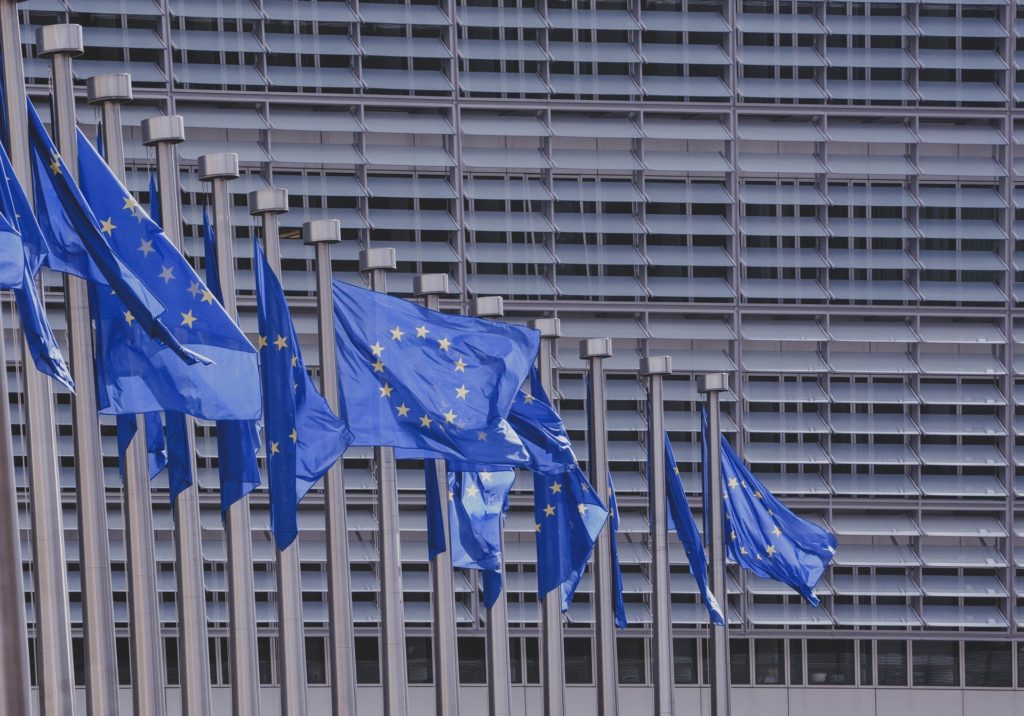Are you ready for the new medical device regulation?

The transitional period for compliance with the European Union Medical Device Regulation 2017/745 (EU-MDR 2017/745, or simply EU-MDR) was supposed to expire on 26 May 2020. Due to the current situation, the EU Commission decided to postpone the regulation’s application by one year.
By this date, manufacturers of medical devices as well as importers, distributors and suppliers in the European medical technology industry will need to be informed of the many new and amended requirements and have adapted their processes, documentation and qualifications accordingly. What’s important for manufacturers — and for us as a translation service provider — is that the language requirements for documentation and thus also for translations for the EU countries where medical products are placed on the market are more relevant than ever.
The EU-MDR applies to so-called economic operators[1] within the EU as well as to those who import medical devices from elsewhere. Here you can download an overview in which we list the points that may need to be adapted from the obligations stipulated in the German Medical Devices Act and the European Council Directive 93/42/EEC (Medical Devices Directive, MDD). Please note, this overview is not intended to be an exhaustive list, nor is it meant to replace a consultation from certification experts.
Speaking of experts, you can always turn to Peschel Communications for a comprehensive consultation regarding the translation and localisation of your texts. We are happy to translate instructions for use (IFUs), labels and trial documentation, taking into account the new definitions laid out in the EU-MDR 2017/745 and other EU terminology. But that’s not all — we are also passionate about formulating advertising texts that are meant to deliver specific images and emotions and that may have a different effect depending on the language. We would be pleased to provide you with references upon request. We have also achieved the international ISO 17100 standard for translation services and received our ISO 9001 certification at the start of 2021.
As regards translation, the translations of most documents couldn’t previously be prepared until the original documents were given the CE marking of conformity. But that has changed. According to the provisions of the new EU-MDR, labels and instructions for use must be translated before being submitted to the notified bodies as part of the technical documentation. That is to say, translations must now be planned much earlier on in the workflow, significantly tightening time constraints. At the same time, the importance of flawless translations for the target market should not be underestimated. Readability is not only crucial for liability issues, where misunderstandings could lead to improper use of the device, it also plays an important role in the product’s commercial success abroad and can affect the manufacturer’s public image.
The new EU regulation 2017/745 places generally stricter requirements on linguistic clarity in order to ensure product safety. This applies in particular to texts intended for the end user (e.g. instructions for use). Not only source texts but also translations must be written in terms understandable to the intended user. The volume of documents to be translated may also increase, since the new regulation now covers products without an intended medical purpose, such as coloured contact lenses and skin exfoliation devices. Existing technical documentation for such products must also be revised before it can be translated into the required EU languages. As an experienced language service provider, we can offer support both in proofreading your medical device documentation for comprehensibility and translating it into a foreign language.
We are happy to translate any of the following types of documents:
- Technical documentation, including instructions for use (IFUs) and manuals
- Labels, packaging
- Documents related to quality management, such as QM manuals, standard operating procedures (SOPs), process instructions
- Flyers, newsletters, marketing brochures, website texts
- Contracts and other legal documents
- Training materials, software and app contents
Contact us for further information or to receive a non-binding quotation!
[1] See EU-MDR 2017/745, Article 2 Number 35 and Article 22(1) and 22(3)